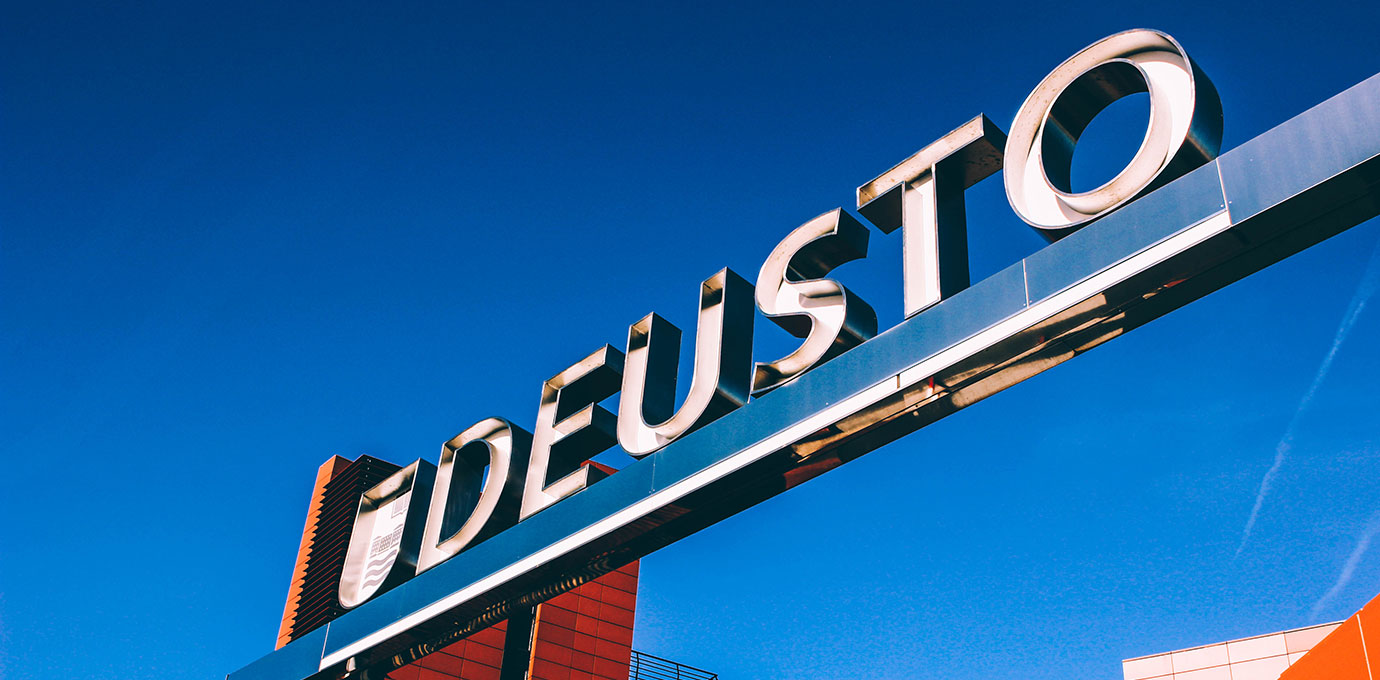12 March 2008
Bilbao Campus
The lecturers who are currently visiting Deusto include: Liudmila Katsko (from the Belorussian State University, Belarus), Mariana Moraru (Moldova State University, Moldova), Serge Chernyshenko (Dnipropetrovsk National University, Ukraine), Olena Siruk (National Taras Shevchenko University, Ukraine), Marina Lukinova (from Taurida National Vi Vernadsky University, Ukraine), Elena Filimonova (from Belorussian State University, Belarus), Larysa Maksimuk (from Brest State University, Belarus), Ina Mititelu (from Cahul State University, Moldova) and Natalia Stukalo (from Dnipropetrovsk National University, Ukraine).During their stay at this University, the lecturers will gain first-hand knowledge of the wide range of degree programmes, they will visit the facilities at the Bilbao and San Sebastian campuses, and will meet the International Relations coordinators at the different Schools and Faculties, as well as the Faculty heads and representatives.
In a context in which the European Union recognises the importance of Higher Education for economic and social development, the promotion of international cooperation between the European Union and third-Country higher education institutions, and more specifically, the promotion of mobility between institutions, it will be to their mutual benefit for its potential contribution to the enrichment of nations and to a better understanding between peoples.The mobility between institutions does not only contribute to improving outcomes in education but also to creating long-lasting links, to the mutual enrichment and understanding between peoples.In this regard, the Erasmus Mundus External Cooperation Window complements other previous and existing Higher Education initiatives, and it encompasses new actions, taking advantage of the positive results obtained by other programmes such as Erasmus, Erasmus Mundus, Tempus, ALFA, ALBAN, AsiaLink and EduLink in the different destination regions.

